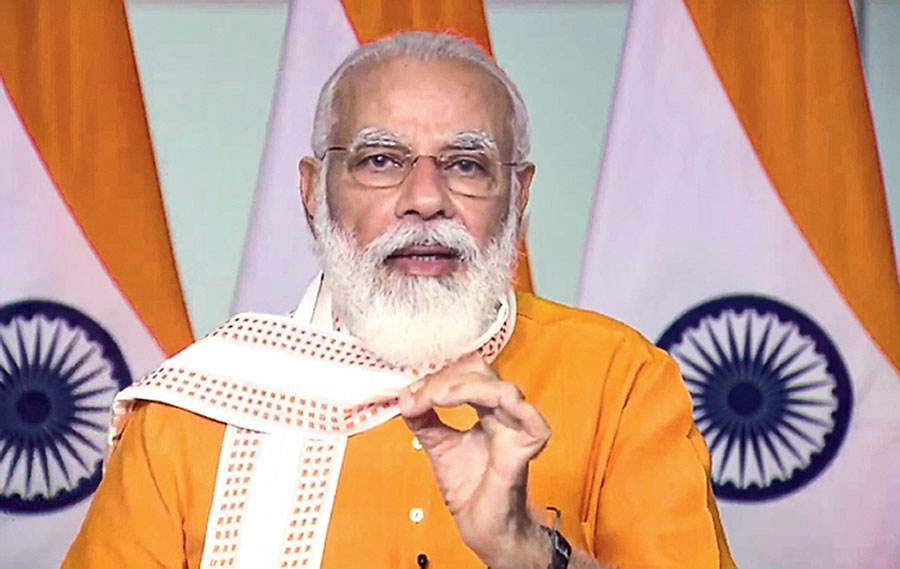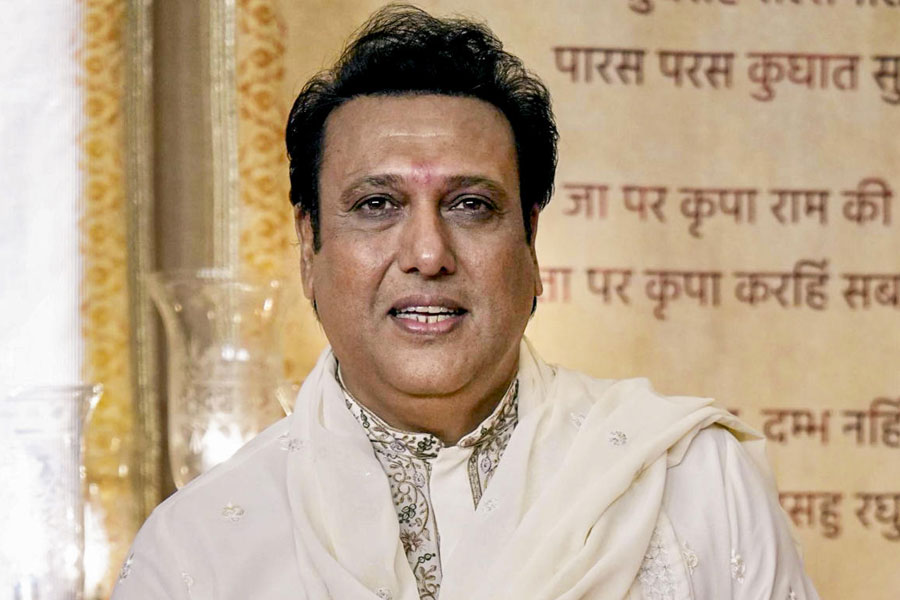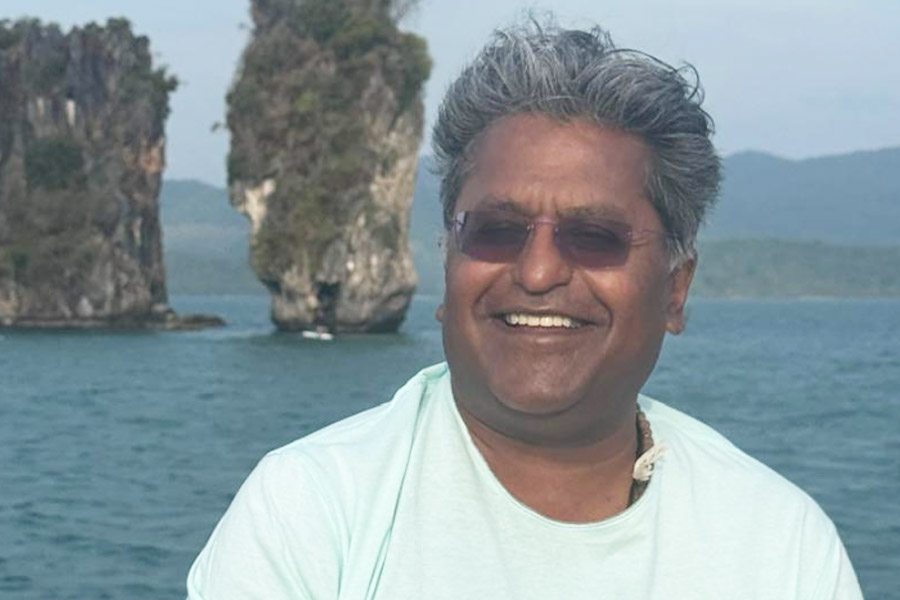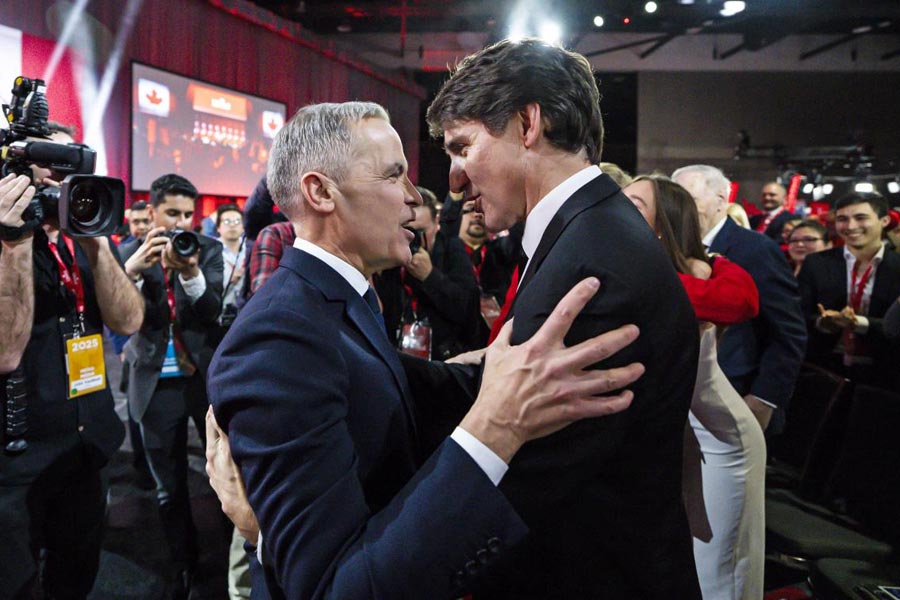In a major overhaul of tax administration, Prime Minister Narendra Modi on Thursday unveiled faceless tax assessment and appeals to reduce the scope for corruption and overreach by officials, and said a taxpayers' charter is being implemented to ensure a free, fair and transparent tax environment.
Launching the 'Transparent Taxation - Honouring The Honest Platform' through video conferencing, he said the taxpayer base at just 1.5 crore in India is very low and urged those who owe taxes to come forward and honestly pay their dues and contribute to nation-building.
The taxpayers' charter and faceless assessment are the next phases of direct tax reforms aimed at easing compliance and rewarding honest taxpayers as the government looks to rebuild the pandemic-hit economy.
While, faceless assessment that does not require the taxpayer to visit any office or meet any official, and taxpayers' charter will be implemented from Thursday, the faceless appeal will come into force from September 25, he said.
"The tax system may be turning faceless but it promises fairness and fearlessness for taxpayers," he said.
Modi said, till now the tax office in the city of residence was handling the scrutiny, appeal, and notices of an individual taxpayer.
Now, a central computer will pick up tax returns for scrutiny based on risk parameters and mismatches and then will allot them randomly to a team of officers in any city. The scrutiny by these officers will be reviewed by officers at another randomly selected location.
Notices, if any, will be sent only by centralised computer system, and taxpayer can respond to them electronically without the requirement of visiting a tax office or meeting any official.
This, he said, will end the era of "jaan pehchan" (acquaintance) to get scrutiny or notices settled.
The Prime Minister said taxpayers' charter provides for fair, courteous, and reasonable treatment while treating taxpayers as honest. It expects taxpayers to be honest and compliant and pay taxes in time.
While the number of people filing income tax returns has increased by about 2.5 crore in the past few years, actual taxpayers at just 1.5 crore out of a population of 130 crore "is very very less," he said.
"Those who are capable must voluntarily come forward and pay their dues and contribute to the development of the nation," he said.
Modi said, economic reforms in the past were done under compulsions or pressure which did not yield desired results.
"For us reforms mean reforms based on policy, reforms that are holistic and not piecemeal and one reform forming the base for other," he said. "Reform is a continuous process."
The tax system needed fundamental and structural reform because it was brought in when India was under colonial rule, he said.
"Compliance becomes difficult where there is complexity," he said adding laws should be less in number and should make taxpayers happy.
"We brought in 'Vivaad Se Viswas' scheme so that maximum cases get resolved outside court. As a result, in a short time, about 3 lakh cases were resolved," Modi said.
Listing taxation reforms undertaken by his government since 2014, Modi said the Goods and Services Tax amalgamated dozens of taxes, thresholds fixed for pursuing tax matters in different courts and a dispute resolution scheme brought in to reduce litigation.
Also, tax rate has been reduced. "There is no tax on income up to Rs 5 lakh (for individuals). Tax slabs for income higher than Rs 5 lakh have also been reduced. India is now among the nations with lowest corporate tax," he said.
"Attempt has been that the tax system should be seamless, painless, and faceless," he said.
While seamless means tax administration does not complicate, painless means simple rules and technology.
Three main features of the platform unveiled on Thursday are faceless assessment, faceless appeal, and taxpayers' charter, he said adding the focus is on making the tax system "people-centric and public friendly."
Four factors for changes in the taxation system are due to policy-driven governance, belief in people's honesty, the use of advanced technology, and efficiency in the bureaucracy, according to Modi.
Finance Minister Nirmala Sitharaman, while presenting the budget for 2020-21, had announced a 'taxpayers' charter' to empower citizens by ensuring time-bound services by the Income Tax department.











